As we head into election season, it's essential to take a closer look at local measures that could have a significant impact on our city’s budget and how our taxpayer dollars are spent. One of these measures, City of Los Angeles Charter Amendment DD, proposes creating an Independent Redistricting Commission to oversee how City Council district boundaries are drawn every ten years. But while the intention might be to remove political influence, it’s worth asking: Is this the most cost-effective solution?
Amendment DD proposes replacing this system with an Independent Redistricting Commission made up of 16 members and 4 alternates, selected without involvement from elected officials. We should be cautious about the added expenses that come with establishing and maintaining this commission—especially when taxpayer dollars are on the line.
Creating an entirely new commission is not a small task. Hiring 16 members and 4 alternates, along with the administrative staff and resources needed to support them, could lead to significant costs. While proponents argue that this process will remove political influence, the reality is that establishing and running an independent body like this could create more government spending, not less.
Additionally, there’s no guarantee that this commission will perform more efficiently than the current system. By shifting power away from elected officials and into the hands of an unelected commission, we risk adding layers of bureaucracy that could slow down decision-making and drain resources that could be better spent on public services, such as road repairs and transportation improvements.
What Does This Mean for Drivers and Taxpayers?
For car owners and daily drivers, the issue boils down to how our tax dollars are used. The creation of an Independent Redistricting Commission could divert funds from much-needed infrastructure projects—like fixing roads, improving public transit, and maintaining highways—toward supporting another government body. In times when every dollar counts, especially for maintaining and improving vehicle-related services, it’s important to consider whether adding more bureaucracy is the right move.
A Better Alternative
Rather than creating an expensive new commission, we could focus on strengthening existing oversight processes and making sure that the current advisory commission operates transparently and fairly. By doing this, we can avoid the high costs of a new commission while still working toward fair and equitable redistricting.

